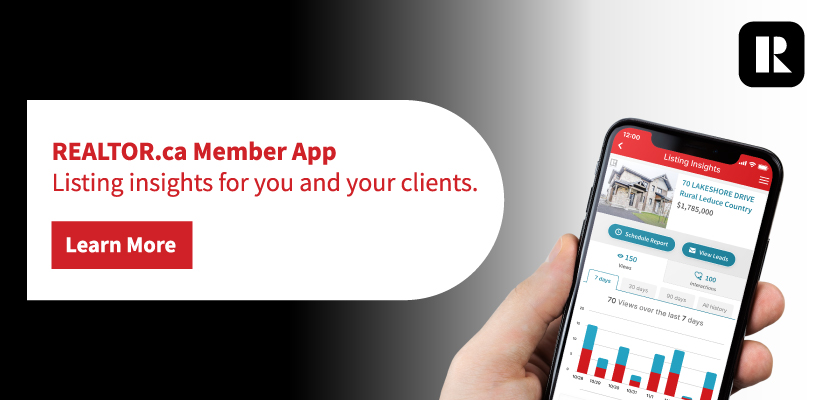At 44 per cent, nearly half of Canadian real estate agents believe Canada is experiencing a residential real estate bubble. That’s according to the results of the recent Juwai IQI Property Survey and Index for Canada.
In another shocker of a finding, only about half of agents believe this is a good time to buy a house or apartment. The survey queried nearly 300 agents on their market perceptions.
Let’s have a closer look at these findings to see if we can make sense of them.
Agents in Quebec are the most likely to believe there is a bubble, with 62 per cent agreeing that there is. On the other hand, in Alberta only 30 per cent of agents are willing to call the current market conditions a bubble.
Ontario falls in the middle, with 41 per cent of Ontario agents calling it a bubble, compared to 34 per cent who disagree.
My market is the Greater Toronto Region and, there, I don’t believe there is a price bubble. I can understand why another agent might say that bubble conditions prevail. Instead I believe that we have a strong market driven by real demand. That is very different than a bubble.
How is a bubble different than what is currently going on in the Canadian market? Well, a bubble begins with strong demand, like we have today. But at some point, speculation begins driving enough demand to push prices significantly higher than real demand can support.
Then, when the speculators get nervous and the flow of money slows, the whole charade collapses. Investors try to sell and cash out at the top, but it’s too late because prices are falling and buyers are holding back. The combination of surging supply and diminishing demand push prices into collapse.
In my opinion, today’s price gains are driven by three factors: very cheap financing that increases buyers’ budgets, a shift of expenditure from other areas to the home because of the pandemic and a huge change in buyer preferences, which is driving a wave in relocations (also due to the pandemic).
Disposable incomes are nearly 11 per cent higher than pre-pandemic levels, according to RBC, and Canadians have accumulated approximately $250 billion in savings above and beyond the level of Q4 2019. And many see no reason why they shouldn’t use some of this money to buy themselves a home that is more to their liking.
Higher incomes, higher savings and lower spending in other areas are making it possible to afford more expensive housing.
Whether or not this is really a bubble built on sand or just a hot market built on foundations of stone, the fact that nearly half of agents call it a bubble shows just how unprecedented the current prices are.
In fact, unless we can accelerate new construction in places like Toronto, I fear that prices will remain unaffordable through 2025. That is one reason for the rapidly increasing demand for condos, which are more affordable than single-family homes.
Canada will likely fully drop travel restrictions in 2022, and the government is working to bring more than one million new permanent residents into the country over the next two years. Of course, most of these individuals will go to the largest cities. That means housing demand there will surge.
In our survey, we also asked agents if this is a good time to buy a house or an apartment. Fifty-one per cent of agents believe it is a good time to buy a house, and only 28 per cent believe this is a bad time to purchase a house.
When it comes to apartments, our fellow agents are slightly less positive. Forty-six per cent believe this is a good time to buy a unit, compared to 27 per cent who disagree.
I am curious. What do you think?

Yousaf Iqbal is director IQI Canada, the Canadian arm of real estate technology group Juwai IQI.
















